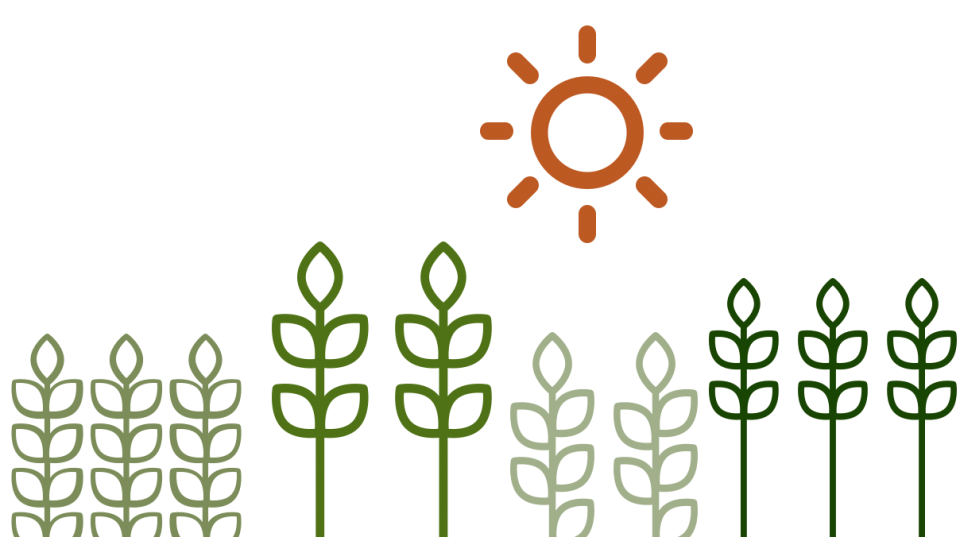Overview
Floriculture has been proposed as an ideal basis for sustainable enterprise development for resource-poor communities - whether remote, rural or peri-urban - in the Pacific Islands, Papua New Guinea and northern Australia. World trade in floricultural products (live ornamental plants, as well as cut-flowers and foliage) continues to increase and there are recognised market opportunities - so far largely unrealised - for the supply of novel products based on the rich biodiversity of the Pacific and Australian region.
Some specific opportunities were highlighted in an ACIAR-funded scoping study, and ACIAR then funded a second scoping study to identify constraints and opportunities in the use of native floriculture to improve the livelihoods of indigenous communities in Australia, Papua New Guinea and the Pacific Islands.
Based on the outcomes of these scoping studies, this project developed and evaluated strategies for improving indigenous livelihoods through development of floricultural activities and enterprises. Its major objectives were:
- to characterise under-realised and novel floriculture business potential, analysing enterprise and associated value-chain arrangements and opportunities for improving livelihoods;
- to provide new and improved products and practices to nascent floriculture enterprises, fostering their evaluation and adoption;
- to strengthen floriculture enterprises (by building horticultural and business skills) and to foster a positive environment for their development.




